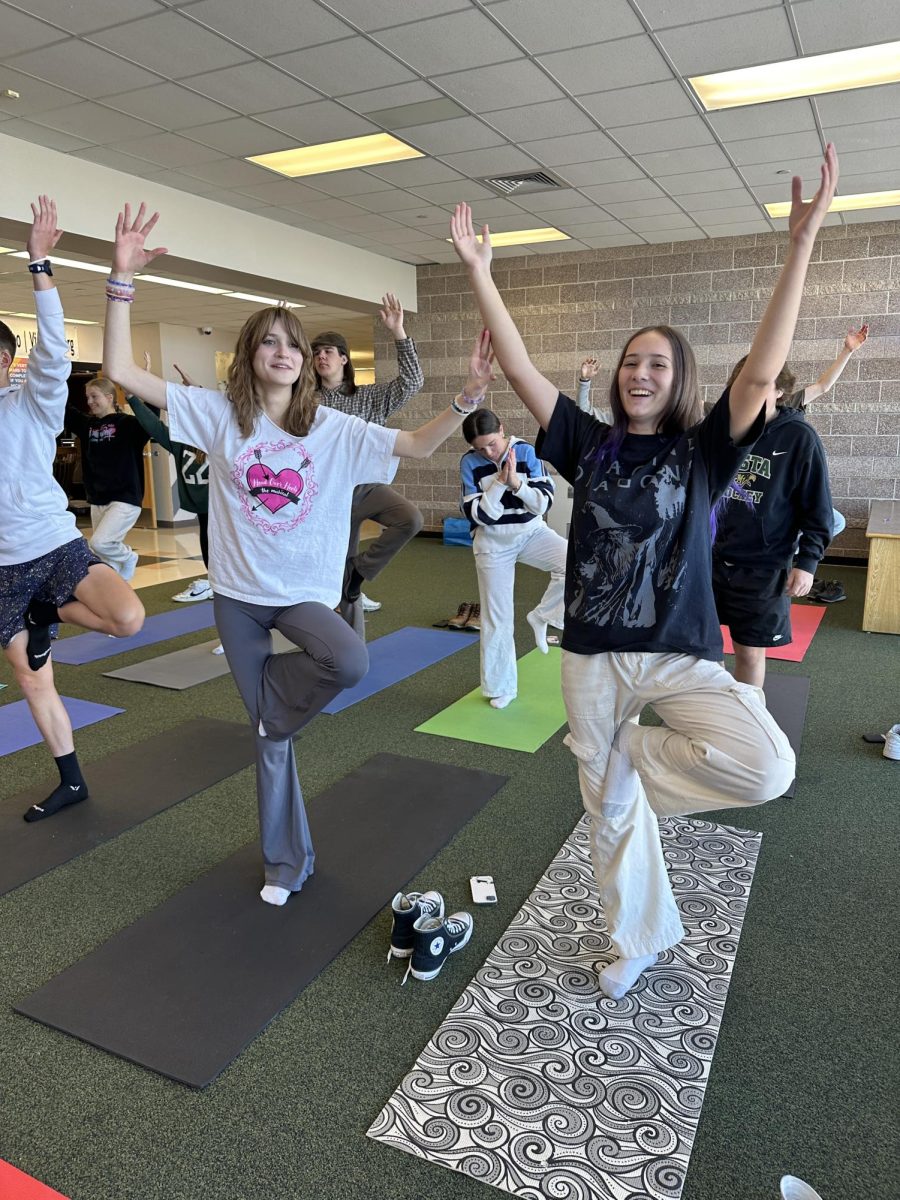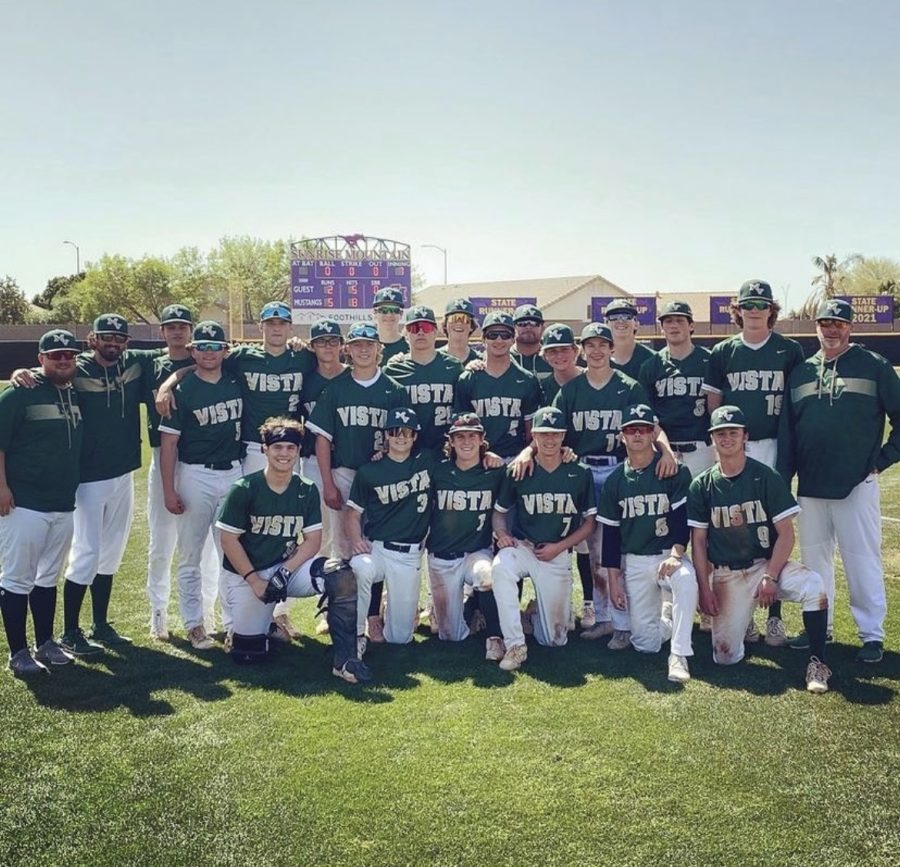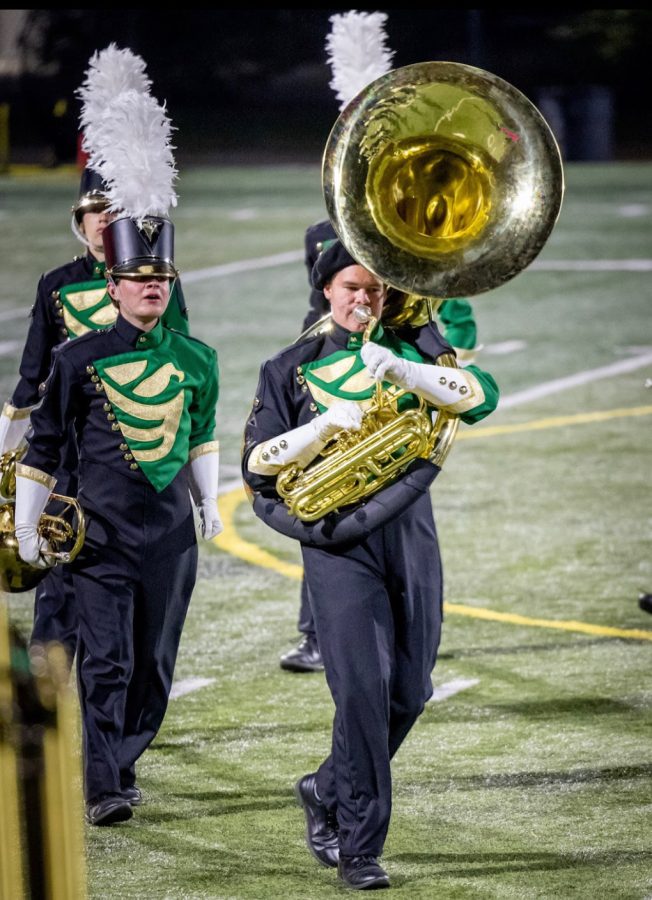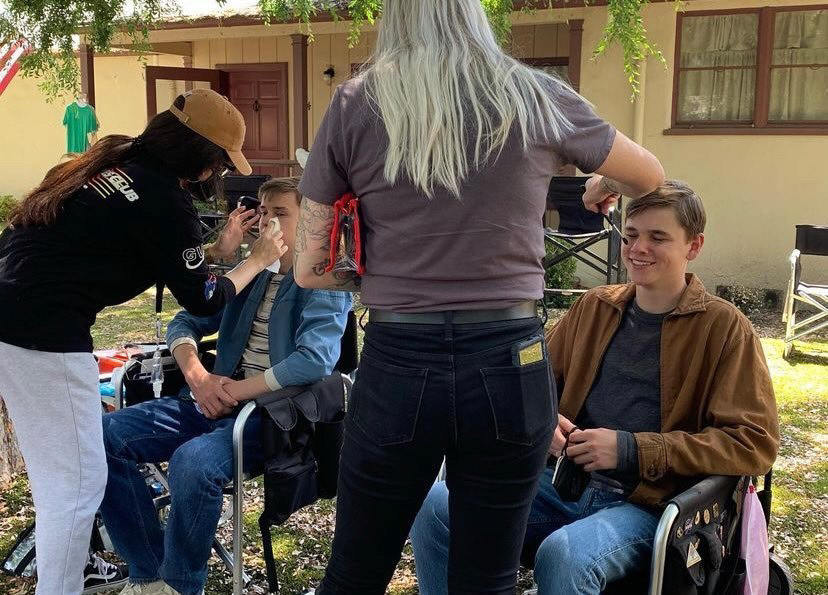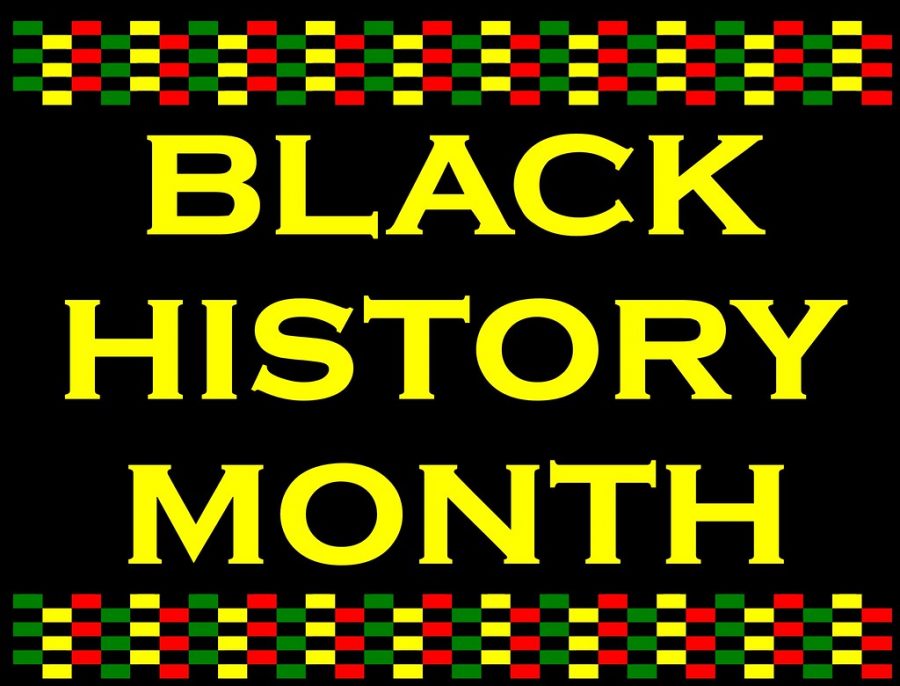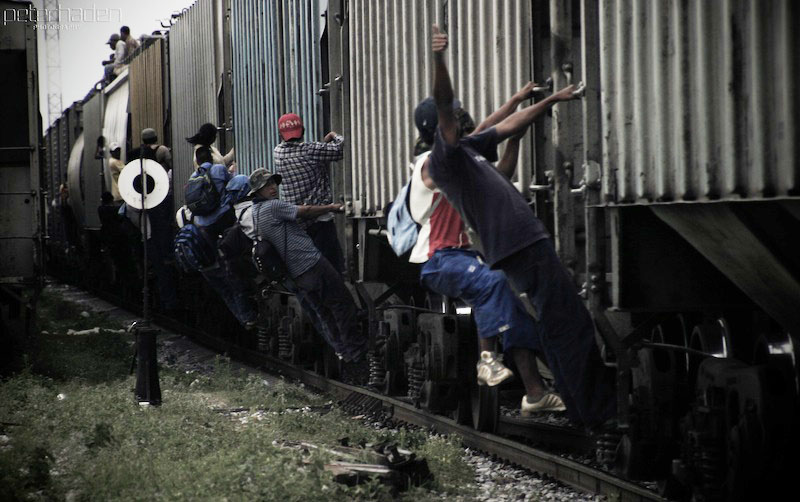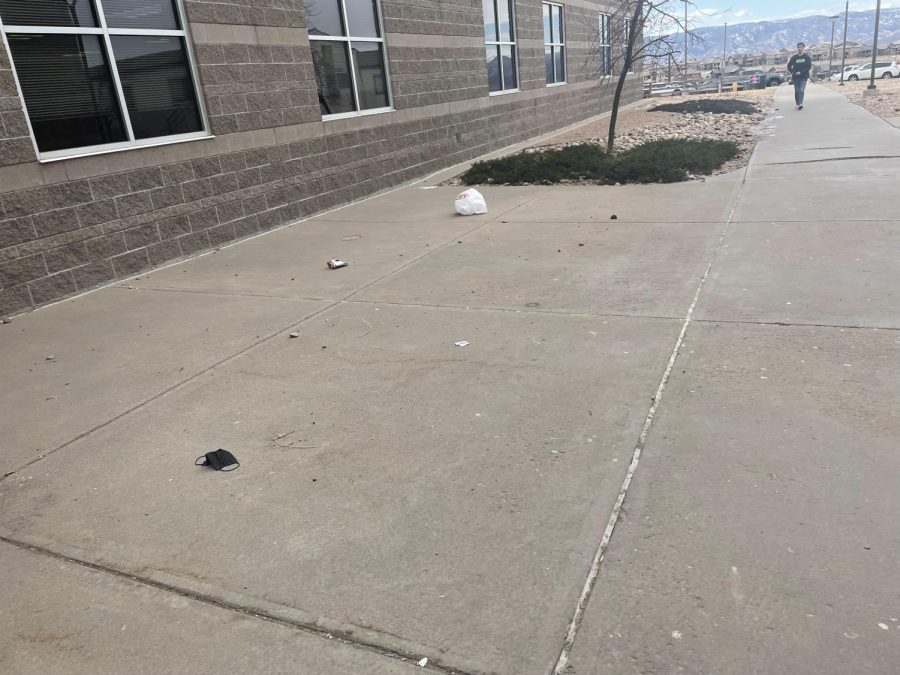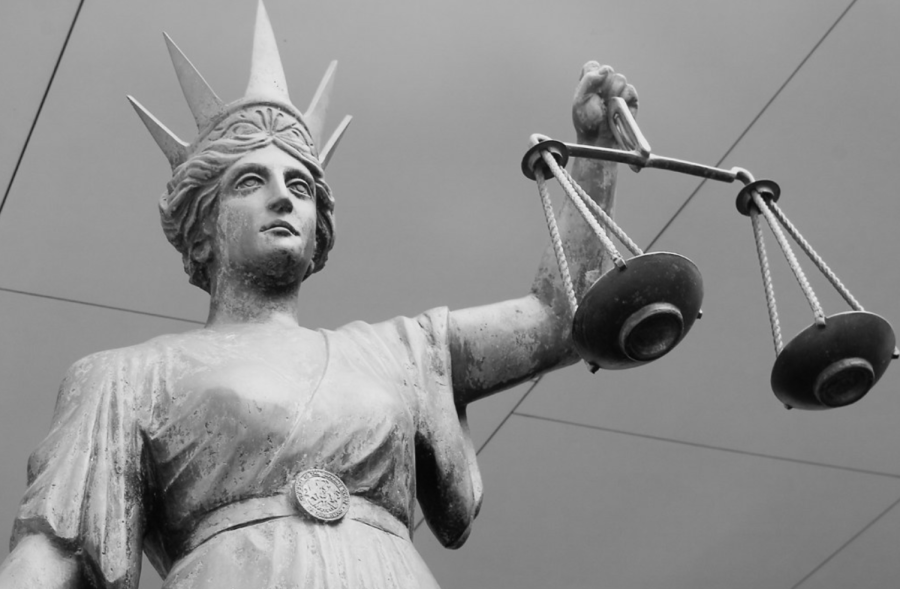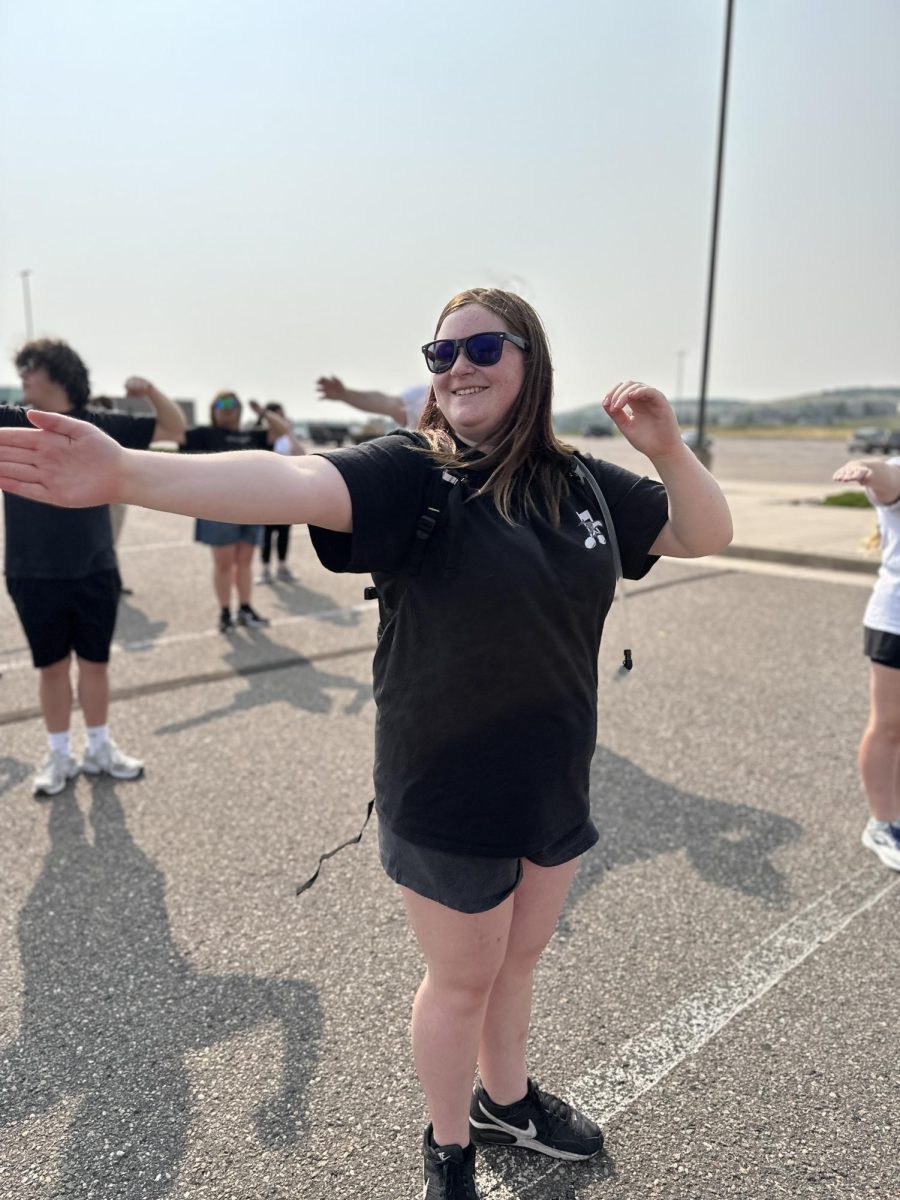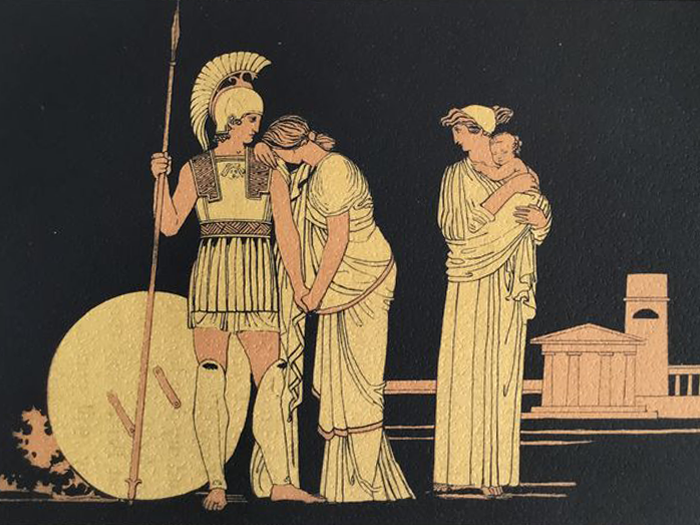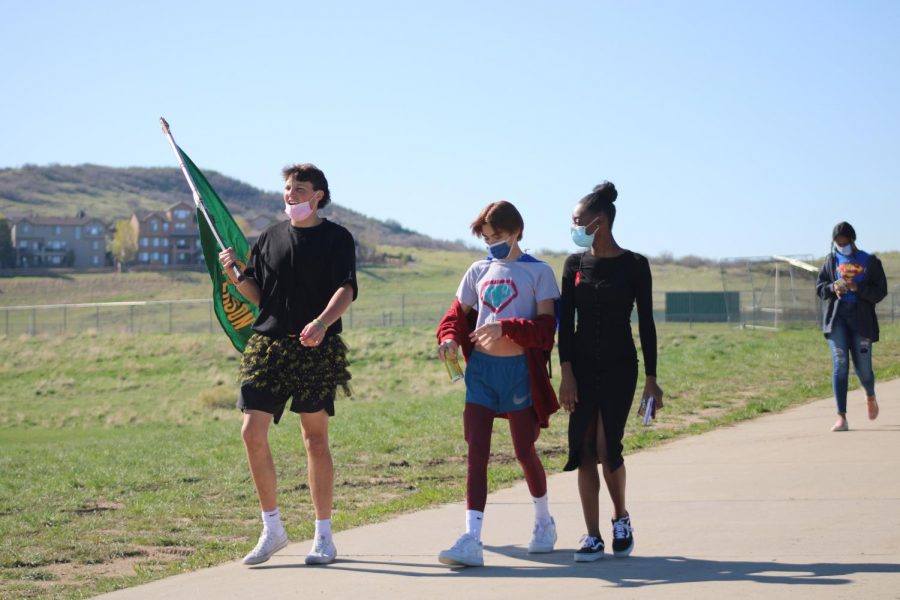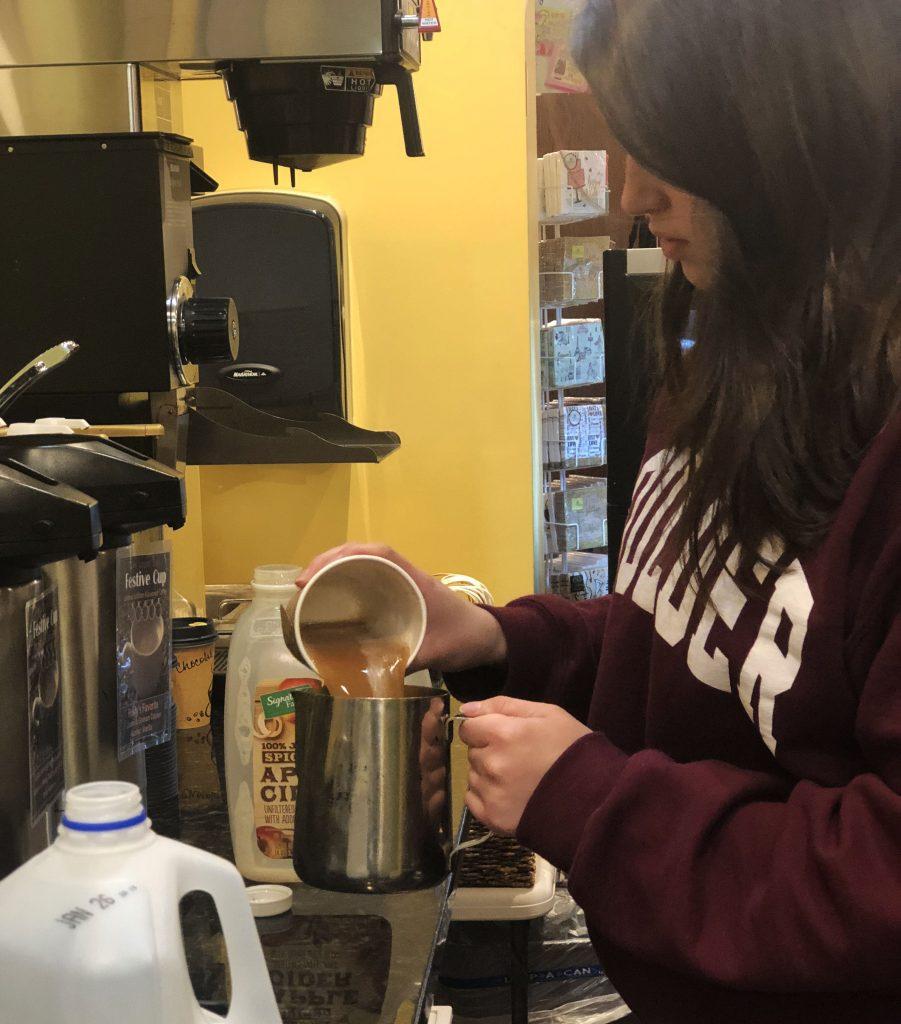All the talk is about the general election, and rightfully so. The executive position of president is the most important and the most powerful position in the United States, and this election is obviously one for the ages. However, local elections are also important, and citizens have to elect representatives and senators for their state, as well as vote on issues for their states. Colorado has 9 measures on the ballot this election whose outcomes will affect everyone in Colorado.
Amendment T
If passed, this amendment would remove any references to slavery in our state constitution. Advocates of Amendment T argue that slavery should never be justified or mentioned in the constitution because of its immorality and the country’s proposition of justice and liberty for all. Advocates also think that this measure could be interpreted to lessen prison work and community service for convicts. Proponents to the amendment argue that other states in the country have no mention of slavery in the constitution yet they still have prison work programs.
Amendment U
Amendment U will allow businesses that use government property in which the market value is less than $6,000 to not pay a property tax. Supporters of Amendment U argue that businesses have too much of a burden with the property tax in addition to other payments they need to make for their businesses, so eliminating the property tax will alleviate that burden. Proponents of the amendment argue that this amendment would give an unfair tax break to these businesses.
Amendment 69
This amendment is a proposal for a single-payer medicare for all health insurance programs. It will exist along with other health insurance programs like medicare. Proponents argue the fact that 350,000 Coloradans have no health insurance while health-care costs are increasing for people that have health insurance. Opponents argue that this proposal will cause a big increase in taxes that will be a burden to Coloradans.
Amendment 70
 This ballot measure will raise the current state minimum wage of $8.31 to $12 by 2020 in increments each year. Proponents argue that the current minimum wage is not a fair living wage, citing a study at the University of Denver that states raising the minimum wage to $12 would bring 400 million dollars to the Colorado economy. It would also raise incomes for households who are earning a little more than minimum wage. Opponents believe that raising the minimum wage will cause companies to lay off workers because they would have to pay them more, and they cite a study by Portland State University which says that 90,000 jobs will be lost if the minimum wage is raised to $12.
This ballot measure will raise the current state minimum wage of $8.31 to $12 by 2020 in increments each year. Proponents argue that the current minimum wage is not a fair living wage, citing a study at the University of Denver that states raising the minimum wage to $12 would bring 400 million dollars to the Colorado economy. It would also raise incomes for households who are earning a little more than minimum wage. Opponents believe that raising the minimum wage will cause companies to lay off workers because they would have to pay them more, and they cite a study by Portland State University which says that 90,000 jobs will be lost if the minimum wage is raised to $12.
Amendment 71
This ballot will require a larger geographic distribution of signing petitions to put an amendment on the ballot and will require 55 percent of voters to approve a ballot for it to be passed instead of a plain majority. Signatures from all 35 of the state’s districts would have to be assembled with numbers that equal at least 2 percent of the registered voters in those districts. Proponents argue that it should be more difficult to change the state constitution through new ballot measures than bringing required changes through the initiative process. They say that required changes can always be modified by action from the legislature if consequences arrive as a result of the ballot measures. They also point out that this amendment will allow more of a say for all districts in the state instead of having most of the vote coming from populated urban areas like the Denver Metro Area. Opponents argue that amendment 71 will make it even more difficult to make changes to the state constitution because the legislative process does not always fully address important issues and that the required remedies can be repealed by the approval of the voters. They also argue that current requirements for signatures are already a difficulty unless proponents of amendment 71 can hire paid signature gatherers, which could cause more strict requirements and higher costs, which will set back the process of democracy.
Amendment 72- Cigarette Taxes
This ballot will raise the current cigarette tax from 84 cents per pack to $2.59 per pack, along with raising the taxes on other products of tobacco to up to 62 percent of the price of purchase. The revenue from the taxes would go to programs including medical research, tobacco prevention programs, health clinics in impoverished areas, and veterans services. Proponents argue that the use of tobacco causes more than 5,000 deaths from preventable diseases, and they point out that fact that raising the prices of tobacco have discouraged tobacco and smoking use in the past, particularly for young people. They also say that tobacco use costs $1.9 billion per year in health care costs to treat problems caused by tobacco use, without counting the effects of second-hand smoke. They then say that the raise in tobacco taxes alleviates that cost, because of the tax money going to prevention programs. Opponents argue that the $315.7 million increase in tobacco taxes is required under the constitution, that the revenue can be spent on programs that may or may not affect tobacco use effectively. They say that as less people smoke, the money from the taxes would continue to be raised for the tobacco prevention programs instead of other programs which could be of better use. They also point out that the tax could affect people of low income who may use tobacco disproportionately. People in poverty who are addicted to tobacco they say, would subsidize programs that would benefit non-tobacco users unfairly.
Proposition 106
This proposition will allow adults who are terminally ill, have six months or less to live and are mentally competent to choose to end their lives earlier with medical aid. In order for this to happen, two doctors would need to agree that the patient is terminally ill. Proponents argue that these patients are suffering and would have to suffer a grueling final six months of their life, so they have a right to choose to be put to rest earlier and in a more comfortable manner. Opponents argue that this proposition could cause insurance companies to spend more money and resources to give medical aid for dying patients instead of focusing on lifelong health care. They also argue that the proposal does not require doctors to be present when the patient dies, which could cause a family member to plot the death of a relative to gain their inheritance.
Proposition 107 and 108
Propositions 107 and 108 will allow independent voters to participate in the presidential primaries instead of just voters who are affiliated with a political party. The winner of the presidential primary in Colorado would get all delegates for the national convention. Proponents argue that the proposition will open up democracy and allow everyone to vote, something that is currently hindered by the caucus system in Colorado that only allows voters who are affiliated with a political party to vote in the presidential primaries. Other proponents say that this will cause the presidential candidates to appeal more to the center of the political scale than they have before. Opponents argue that this will weaken the power of political parties. They also say that taxpayers will have to pay more than before to run the presidential primaries.





